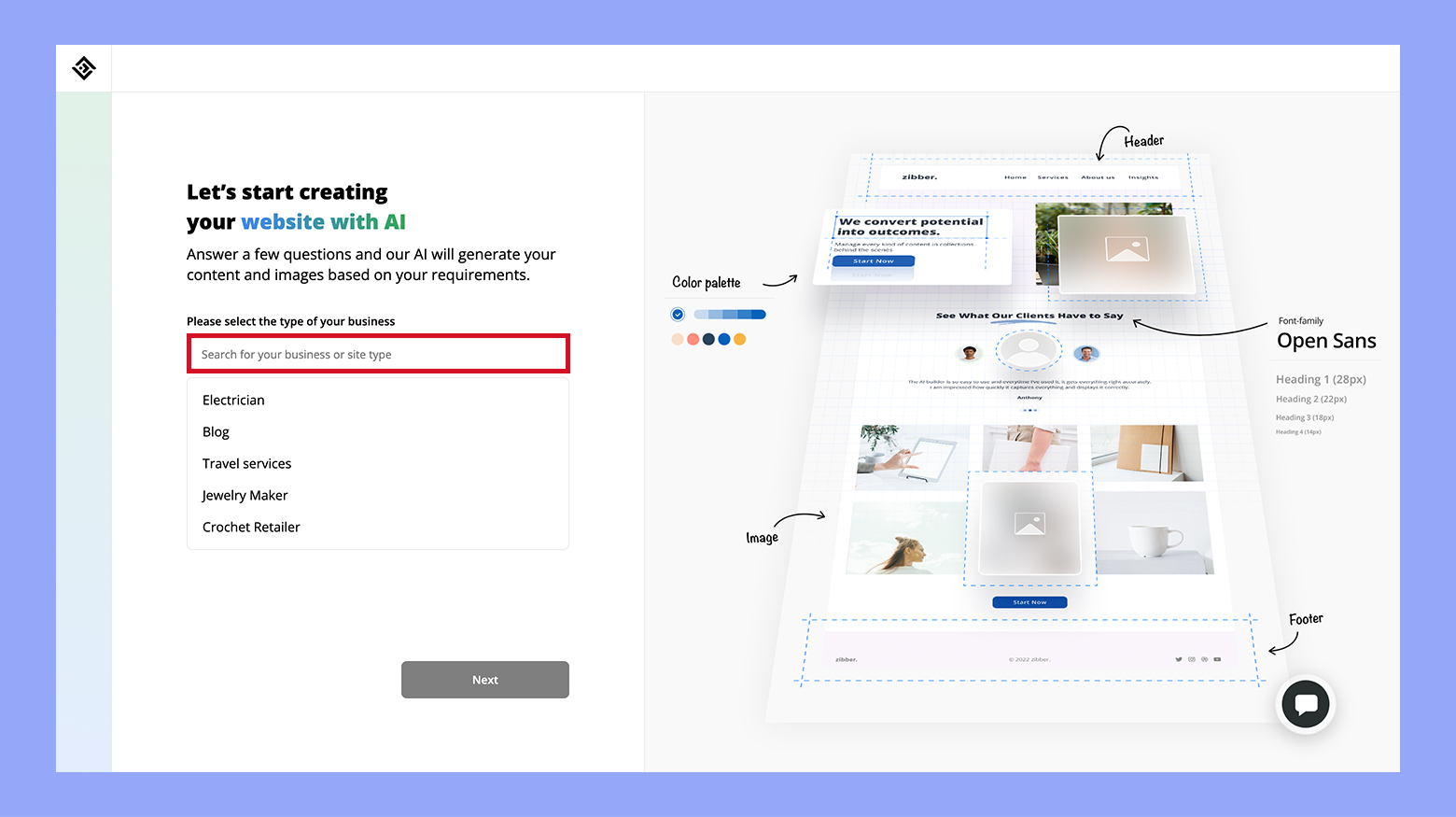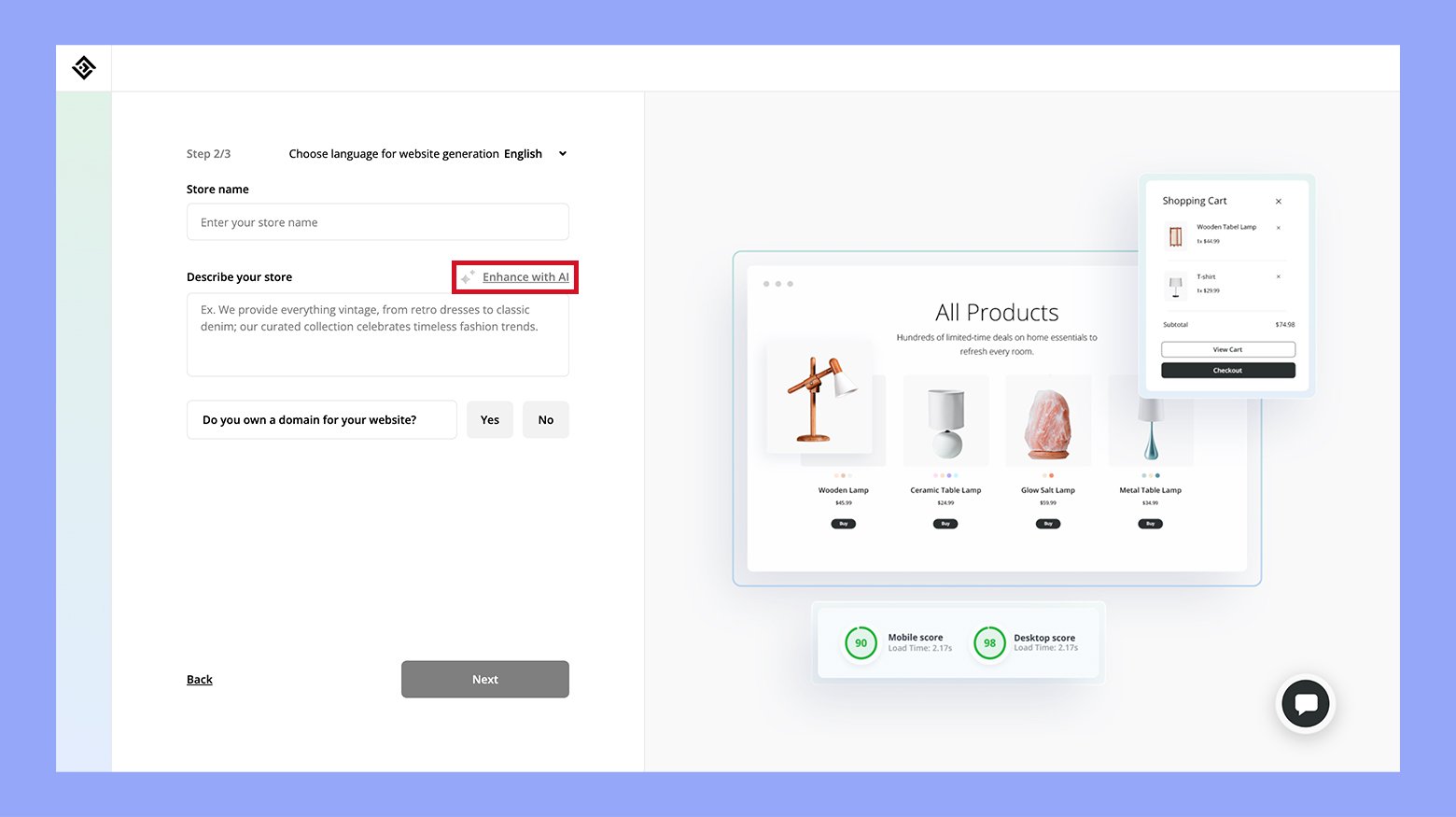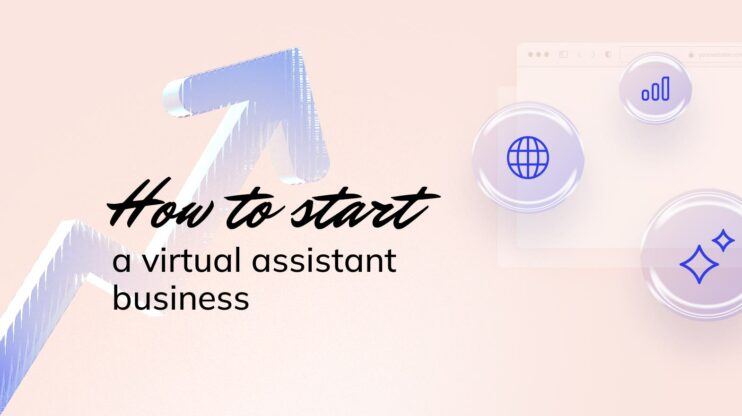Starting an event planning business can be an exciting and rewarding venture. This complete guide on how to start an event planning business will walk you through every step, from initial planning and market research to marketing strategies and client management. Learn the essential skills, tools, and insights needed to build a successful event planning business.
FAQ
Is an event planning business profitable?
How do I start my own event planning business
How do I succeed in the event planning business?
Stage 1: Laying the groundwork
Starting an event planning business involves understanding the key fundamentals and conducting detailed research to understand your market. This preparation sets a solid foundation for your business.
Step 1: Understanding the basics of event planning
Event planning includes organizing various types of events, such as weddings, corporate gatherings, and parties. You need strong organizational skills, attention to detail, and the ability to multitask. Basic tasks involve:
- Client meetings – discussing event details and expectations.
- Budgeting – managing client budgets while ensuring quality.
- Vendor coordination – working with caterers, decorators, and more.
- Event execution – ensuring smooth operations during the event.
Start by learning the industry norms and common practices. Consider taking courses or obtaining certifications in event planning to boost your credibility. Always stay updated with the latest trends and technologies in the event industry.
Step 2: Conducting thorough market research
Market research is crucial for understanding your target market and competitors. Here’s how to conduct effective research:
- Identify your target market
- Determine who your potential clients are. This could include corporations, couples planning weddings, or individuals hosting parties.
- Understand their needs, preferences, and budget limits.
- Analyze competitors
- Identify other event planning businesses in your area.
- Study their services, pricing, marketing strategies, and client reviews.
- Find your niche
- Decide which type of events you want to specialize in. This could be corporate events, weddings, or large public gatherings.
- Tailor your services to meet the unique demands of your chosen niche.
Use online tools, surveys, and industry reports to gather data. This information will help you create effective marketing strategies and offer competitive pricing. Proper market research helps in crafting a business plan aligned with real-world demands and opportunities in the event planning industry.
Step 3: Defining your business objectives
First, you want to outline your main goals. Think about why you’re starting this business and what you hope to achieve. Whether you aim to specialize in weddings, corporate events, or large parties, establish clear, specific objectives.
Next, consider your target market. Identify who you will serve and what their needs are. Knowing your audience helps shape your services.
Finally, include an executive summary. This brief overview should highlight your business’s vision, mission, and key strengths. It provides a quick snapshot for potential investors or partners.
By setting clear objectives, you can guide your business toward success.
Step 4: Choosing the appropriate legal entity
Choosing the right legal entity is a big decision. It affects your taxes, personal liability, and ability to raise capital. Here are common business structures:
- Sole Proprietorship: Simple and low-cost. You have complete control, but also personal liability for debts.
- Partnership: Involves two or more people. Shared control and profits, but each partner is personally liable.
- Limited Liability Company (LLC): Blends elements of partnerships and corporations. Provides personal liability protection but allows profit sharing.
- Corporation: More complex and expensive. Offers significant liability protection and is ideal for larger businesses with shareholders.
Consult with a business attorney or accountant to ensure you choose the entity that best fits your needs.
Step 5: Understanding taxes and finances
Understanding how taxes and finances work for your business is essential. Here’s what you need to consider:
- Tax Identification Number (TIN): You’ll need a TIN from the IRS. An Employer Identification Number (EIN) is necessary if you hire employees.
- Business bank accounts: Open separate accounts to keep personal and business finances distinct. This simplifies bookkeeping and tax preparation.
- Accounting system: Use reliable software like QuickBooks or FreshBooks to track income and expenses.
- Sales tax: Determine if you need to collect sales tax. Event planners often charge for services and might need to collect this tax in some states.
- Budgeting and forecasting: Plan your budget carefully. Include costs like supplies, marketing, and employee wages. Forecasting helps manage cash flow and ensures you stay profitable.
Seek professional advice to navigate financial decisions and maintain compliance with tax laws.
Step 6: Dealing with legalities
When starting an event planning business, it’s important to handle legal matters. You should focus on obtaining the necessary licenses and managing insurance to minimize potential risks.
Obtaining licenses and permits
To start your event planning business, you need to obtain several legal documents.
First, get an Employee Identification Number (EIN) from the IRS. This number is used for tax purposes and is required if you plan to hire employees.
Next, apply for a business license from your local government. This license permits you to operate within a specific location legally.
Some events may also require special permits. For example, if you’re organizing a public event, check with your municipality to see if you need a permit.
Ensure to research local regulations thoroughly since requirements can vary by location.
Managing insurance and risk
Insurance is important for protecting your event planning business from unexpected issues.
Start by purchasing liability insurance. This will cover any damages or injuries that occur during your events.
Consider getting a surety bond. Some clients may require this before signing a contract. A surety bond assures them that you will fulfill your obligations.
Property insurance is also advisable if you own or lease office space or equipment.
Seek guidance from an insurance agent who can help you choose the right coverage.
Review your insurance policies regularly to ensure they meet your business’s needs. This will help you manage risks effectively and keep your business secure.
Step 7: Calculating your budget
Knowing how to calculate your budget is key to starting a successful event planning business. This includes estimating your startup costs and allocating funds for daily operations efficiently.
Estimating startup costs
Starting an event planning business requires thinking ahead about all the potential initial expenses. Begin with market research to understand what you’ll need.
Here’s a list to help you:
- Office space: Rental cost or home office setup
- Licenses and permits: Business registration fees
- Equipment: Computers, phones, and other office supplies
- Marketing expenses: Website creation, business cards, and advertising
- Insurance: Public liability, professional indemnity
Create a table to organize these costs, here is an example you can follow:
| Item | Cost Estimate ($) |
| Office Space | 500 |
| Licenses & Permits | 300 |
| Equipment | 1000 |
| Marketing | 700 |
| Insurance | 600 |
Make sure to include a cushion for unexpected expenses.
Allocating funds for operation
Once your business is set up, you need to plan for operational expenses. Keep track of every expense to manage your budget effectively.
Some key areas to think about:
- Staff wages: Actual salaries if you have employees or your own earning if you work solo
- Utilities: Internet, phone bills, and office supplies
- Marketing: Continual advertising and client-engagement efforts
- Event materials: Decorations, catering, and rentals
Again, using a table helps:
| Expense Type | Monthly Cost ($) |
| Staff Wages | 2000 |
| Utilities | 300 |
| Marketing | 400 |
| Event Materials | 800 |
Keep detailed records and regularly review your budget to ensure profitability. Allocation and adjustment of funds as needed help you stay on top of your business operations.
Step 8: Investing in essential equipment
You will need a variety of tools and equipment to manage and decorate events. Basic items include tables, chairs, and linens. An excellent sound system and lighting equipment are also vital.
If you plan on hosting outdoor events, invest in tents and heaters. Consider equipment for food service like chafing dishes, serving utensils, and bar supplies. Save costs by renting large items initially, then buying your own later.
You’ll also need an event planning software or project management tools to keep track of bookings, schedules, and client needs. These tools help keep your organization and efficiency top-notch.
Step 9: Hiring and training your team
Your staff is the backbone of your event planning business. Start by hiring a mix of full-time employees and part-time staff. Key roles include an event coordinator, who manages overall logistics, and an assistant coordinator, who supports various tasks.
Hire reliable caterers, bartenders, and decorators. Make sure they have experience and can work under pressure. Look for good communication skills and a pleasant demeanor.
Training is essential. Develop a training manual and conduct workshops on customer service, event setup, and emergency protocols. Ensure everyone understands their roles and responsibilities to work seamlessly as a team.
A well-trained, cohesive team will ensure your events run smoothly and leave a lasting positive impression on clients.
Stage 2: Creating a strong brand
Building a strong brand involves designing a memorable brand identity and establishing a robust online presence. You need to define your mission and unique selling propositions (USPs) to differentiate your business from competitors.
Step 1: Designing your brand identity
Start by defining the key elements of your brand. This includes creating a name, logo, and slogan that represent your business’s mission and values.
- Name: Choose a name that is easy to remember and reflects the essence of what you do. Make sure the name is unique and checks for domain availability.
- Logo: Design a simple yet recognizable logo. Use a consistent color scheme that aligns with your brand message.
- Slogan: Develop a catchy slogan that highlights your unique selling point.
Be consistent with your brand voice and tone across all platforms to create a cohesive image. This includes your website, social media, and marketing materials.
Step 2: Creating an online website using 10Web
Starting an event planning business online is a great way to reach more clients. Follow these easy steps to build your website using the 10Web Event Website Builder.
- Sign up for a 10Web account and enter your details to create an account.
- After logging in, click on Generate a website at the top left of the page.

- Select Business Type from the options.

- Enter your company name.
- Fill in a brief description of your event planning business.

- Wait for the AI to generate your website.
After the website is generated, do the following to enhance your website:
- Choose website features
-
- The AI will generate features tailored to your business.
- Include items like event calendars, registration forms, and virtual event platform integrations.
- Customize your website
-
- Use the drag-and-drop builder to customize the layout.
- Add images, text, and other elements to match your brand.
- Preview and publish
-
- Preview your website to ensure it looks good.
- Click Publish to make your website live.
With these steps, you’ll have a professional website ready to attract clients.
Step 3: Setting up an online presence
An online presence is crucial. Secure your domain name that matches or closely aligns with your business name.
- Social Media: Set up profiles on platforms like Instagram, Facebook, and LinkedIn. Share engaging content regularly.
- SEO: Optimize your website for search engines to increase visibility. Use keywords relevant to event planning in your content.
By focusing on these elements, you’ll establish a strong and recognizable brand that attracts clients and builds trust.
Stage 3: Marketing your services and networking
To successfully market your event planning services, it’s key to develop a solid marketing strategy and leverage online advertising to reach potential clients.
Step 1: Developing a marketing strategy
Start by identifying your target audience. Think about who would benefit most from your services, such as businesses hosting corporate events or individuals planning weddings. Knowing your audience will help you tailor your marketing efforts.
Next, create a strong brand. This includes designing a memorable logo, choosing a color palette, and crafting a unique voice for your communications. Consistency in branding builds trust and recognition.
Utilize social media to promote your services. Platforms like Instagram and Facebook are great for showcasing your work. Post photos of past events, client testimonials, and behind-the-scenes glimpses to engage potential customers.
Networking is also crucial. Attend industry events and local business mixers. Hand out business cards and talk about your services. Building relationships with other professionals can lead to referrals and collaborations.
Step 2: Leveraging online advertising
Online advertising can be very effective for reaching a larger audience. Start with Google Ads to target people searching for event planning services. Use keywords relevant to your business to ensure your ads reach the right people.
Social media ads are another powerful tool. Platforms like Facebook and Instagram offer targeted advertising options. You can create ads that appear in the feeds of users who match your target demographic.
Content marketing can drive traffic to your website. Writing blog posts about event planning tips or case studies of past events can position you as an expert in the field. Share this content on social media and other platforms to attract potential clients.
Finally, consider email marketing. Build a mailing list of past clients and potential leads. Send regular newsletters with updates about your services, upcoming events, and special offers. This keeps your business top of mind for anyone in need of an event planner.
Step 3: Networking and building relationships
Building a successful event planning business requires strong networking skills and forming solid relationships. Connecting with industry professionals and attending key trade shows and conferences can help expand your reach and gain new clients.
Connecting with industry professionals
Forming connections with professionals in the event planning industry is crucial. Start by joining local and national associations, such as the Meeting Professionals International (MPI) or the International Live Events Association (ILEA). Networking within these groups can lead to valuable contacts and opportunities.
Engage with others by attending industry meetups and social events. Introduce yourself and share your business cards. Building relationships can often lead to referrals and collaborations.
Utilize social media platforms like LinkedIn to connect with industry leaders and peers. Participate in relevant online forums and discussions.
Attending trade shows and conferences
Trade shows and conferences provide excellent opportunities to network. These events gather a large number of professionals and potential clients in one place. Attend sessions, workshops, and panels to gain insights and meet new contacts.
Create a plan before attending. List specific booths or sessions you want to visit. Be proactive in approaching people and starting conversations. Bring plenty of business cards and promotional materials.
Take advantage of networking events and mixers often held at these conferences. These informal settings can be great for meeting others in the industry and discussing potential partnerships.
By focusing on networking and building relationships, you’ll expand your reach and increase your chances of success in the event planning business.
Understanding certification and training
Certification and training are crucial for anyone looking to start an event planning business. By getting the right certifications and continuing your professional development, you can stand out and ensure long-term success.
Pursuing relevant certifications
Gaining certifications like the Certified Special Events Professional (CSEP) or Certified Meeting Professional (CMP) can enhance your skills and credibility in the events industry.
- Certified Special Events Professional (CSEP): The CSEP certification is awarded to professionals who have shown high skill level and knowledge in special events. It involves a rigorous exam and requires several years of experience.
- Certified Meeting Professional (CMP): The CMP certification focuses on meetings and events planning. It requires professional experience and passing an exam. It’s well-respected and recognized worldwide.
Having these certifications shows clients and employers that you are committed to your career and have the expertise needed to plan successful events.
Continuing professional development
Staying updated with the latest trends and practices through workshops, webinars, and courses is important.
- Workshops and seminars: These are great for hands-on learning and networking. Look for industry-related workshops that cover new technologies, trends, and best practices.
- Online courses: Websites like Coursera and Udemy offer courses in event planning, marketing, and business management. Take advantage of these resources to expand your knowledge and skills.
- Industry conferences: Attending events like the Special Event Conference & Trade Show can keep you informed about the newest ideas and connect you with other professionals.
By continually learning and improving your skills, you ensure that your business remains competitive and innovative.
Diversifying event offerings
To succeed in the event planning business, you must offer a variety of events. From large corporate meetings to intimate social gatherings, versatility attracts different clients and boosts your reputation.
Corporate events
Managing corporate events such as conferences and product launches requires attention to detail and understanding client needs. Create structured agendas and ensure smooth logistics. Offer packages for different corporate needs, like team-building exercises or gala dinners, to appeal to various business clients.
Social events
Social events include birthdays, weddings, and anniversaries. Tailor your services to meet personal preferences, focusing on themes, decorations, and personalized touches. Flexibility and creativity in planning these events can make them memorable and unique for your clients.
Music festivals and fundraisers
Organizing music festivals and fundraisers involves coordinating with multiple vendors and managing large crowds. Focus on securing appropriate permits, setting up stages, and arranging for security. Promoting these events effectively is crucial for attracting attendees and meeting your clients’ goals.
Conclusion
Starting an event planning business is a journey filled with creativity and opportunity. By following this comprehensive guide, you now have the knowledge and tools to successfully launch and grow your venture. Remember, dedication, continuous learning, and excellent client service are key to thriving in this dynamic industry. Embrace the challenges and enjoy the rewards of creating memorable events for your clients.











